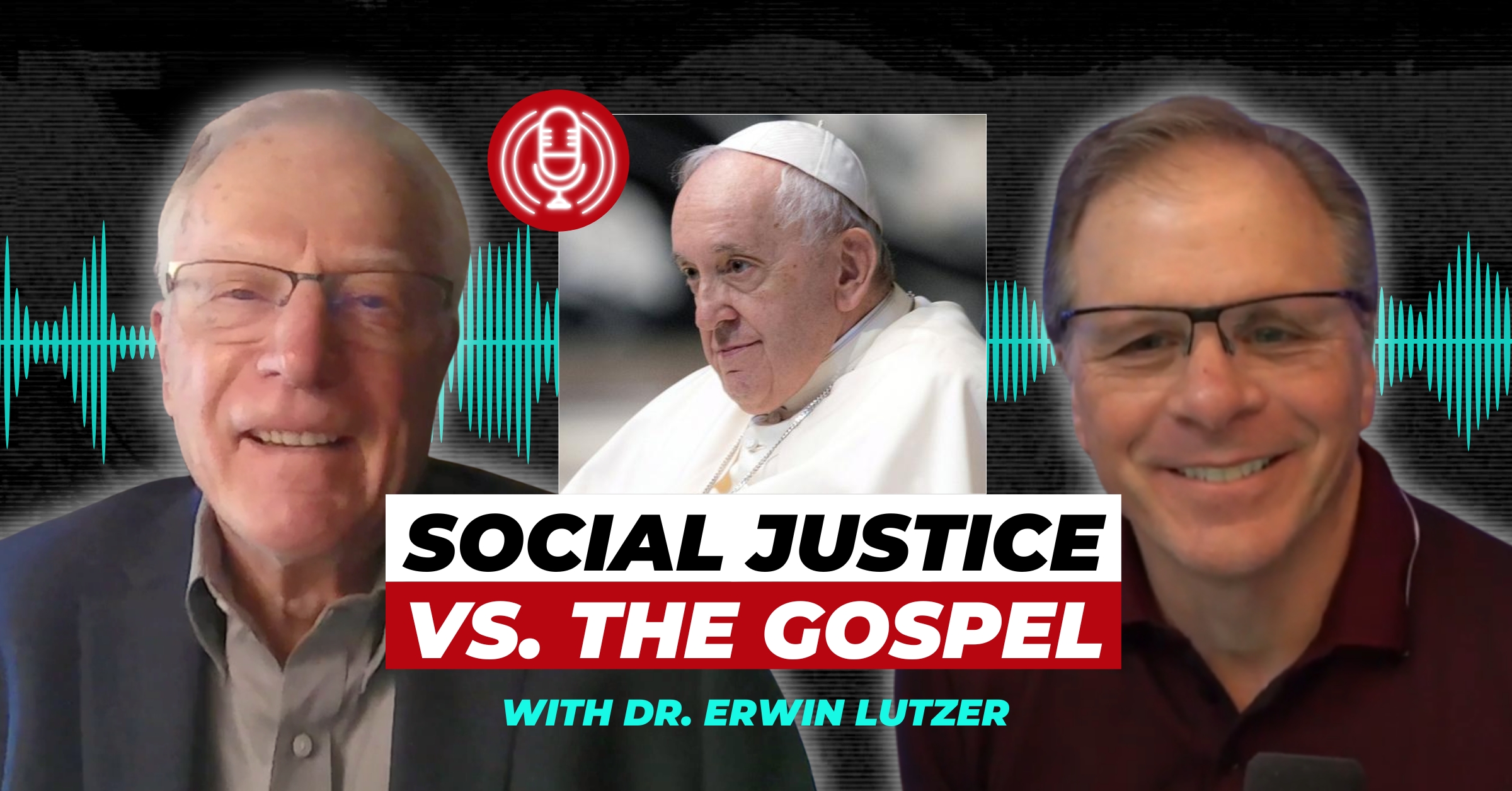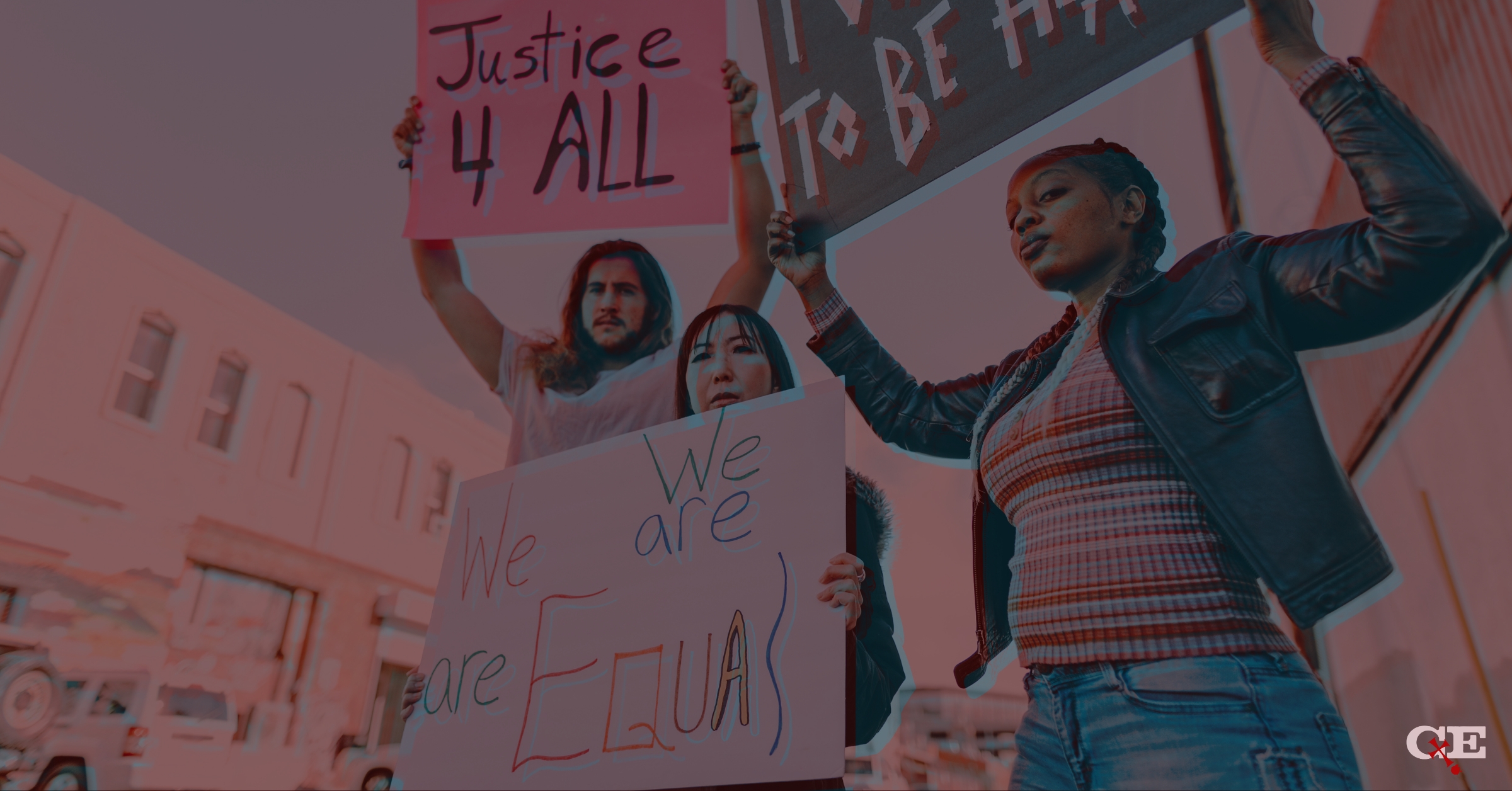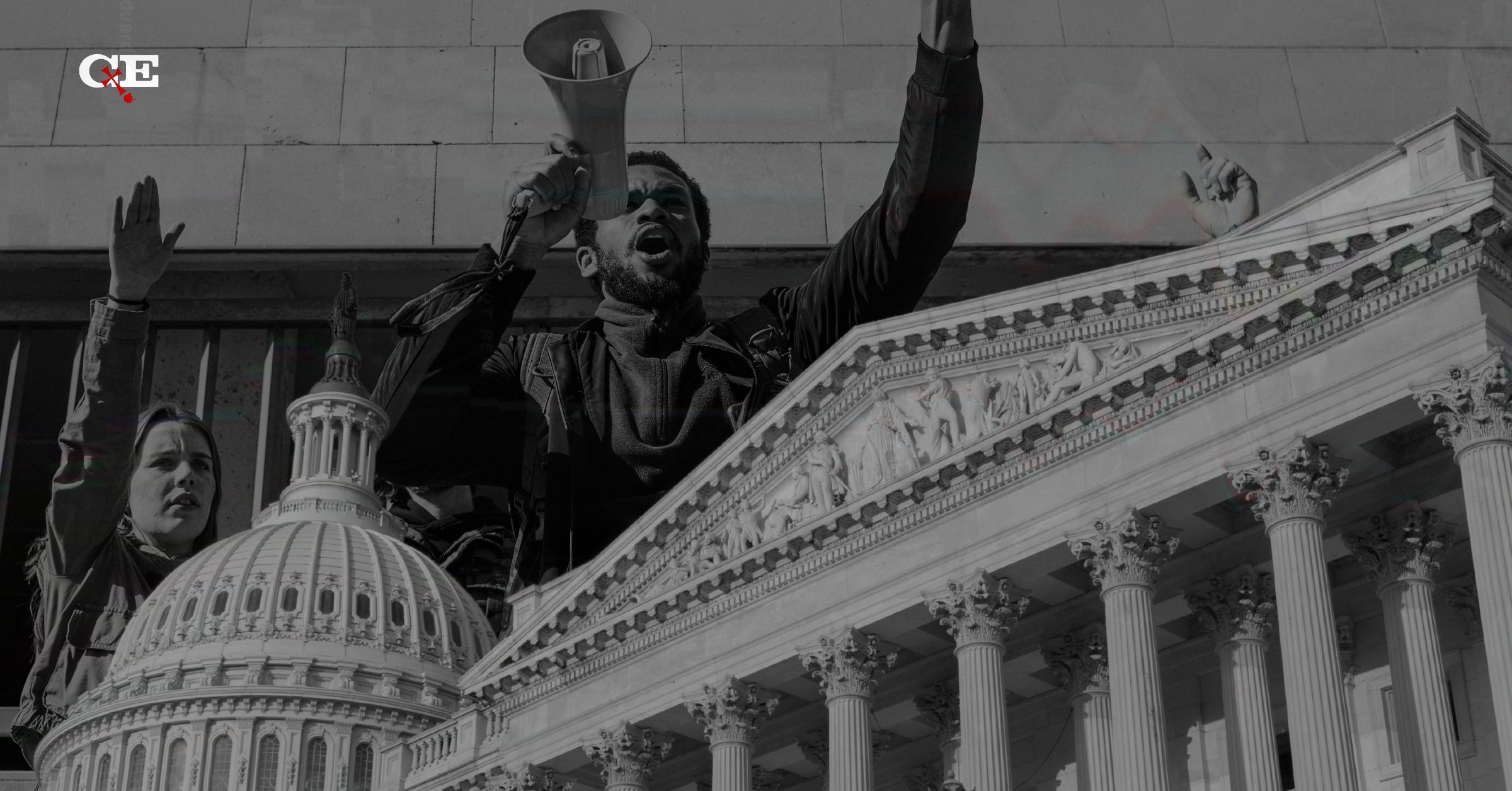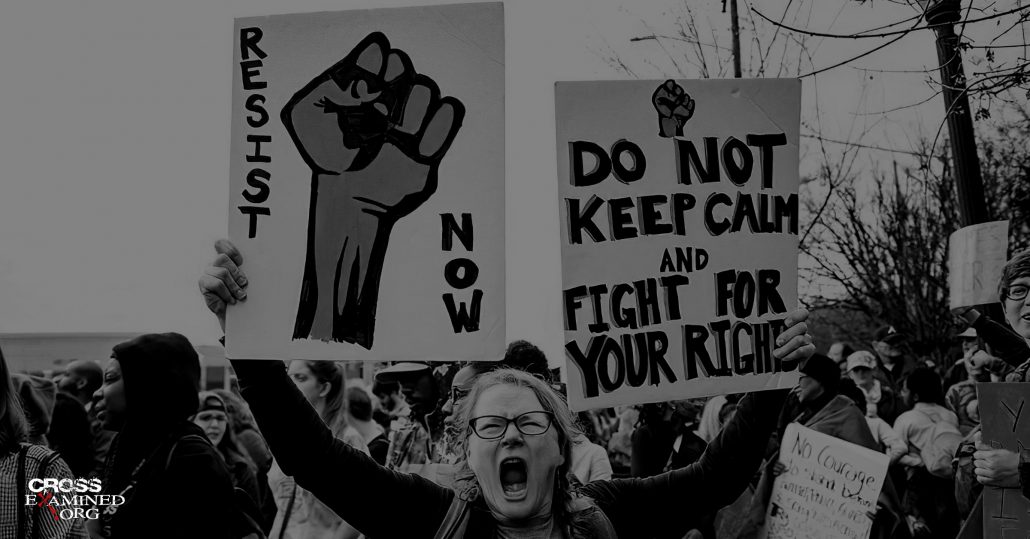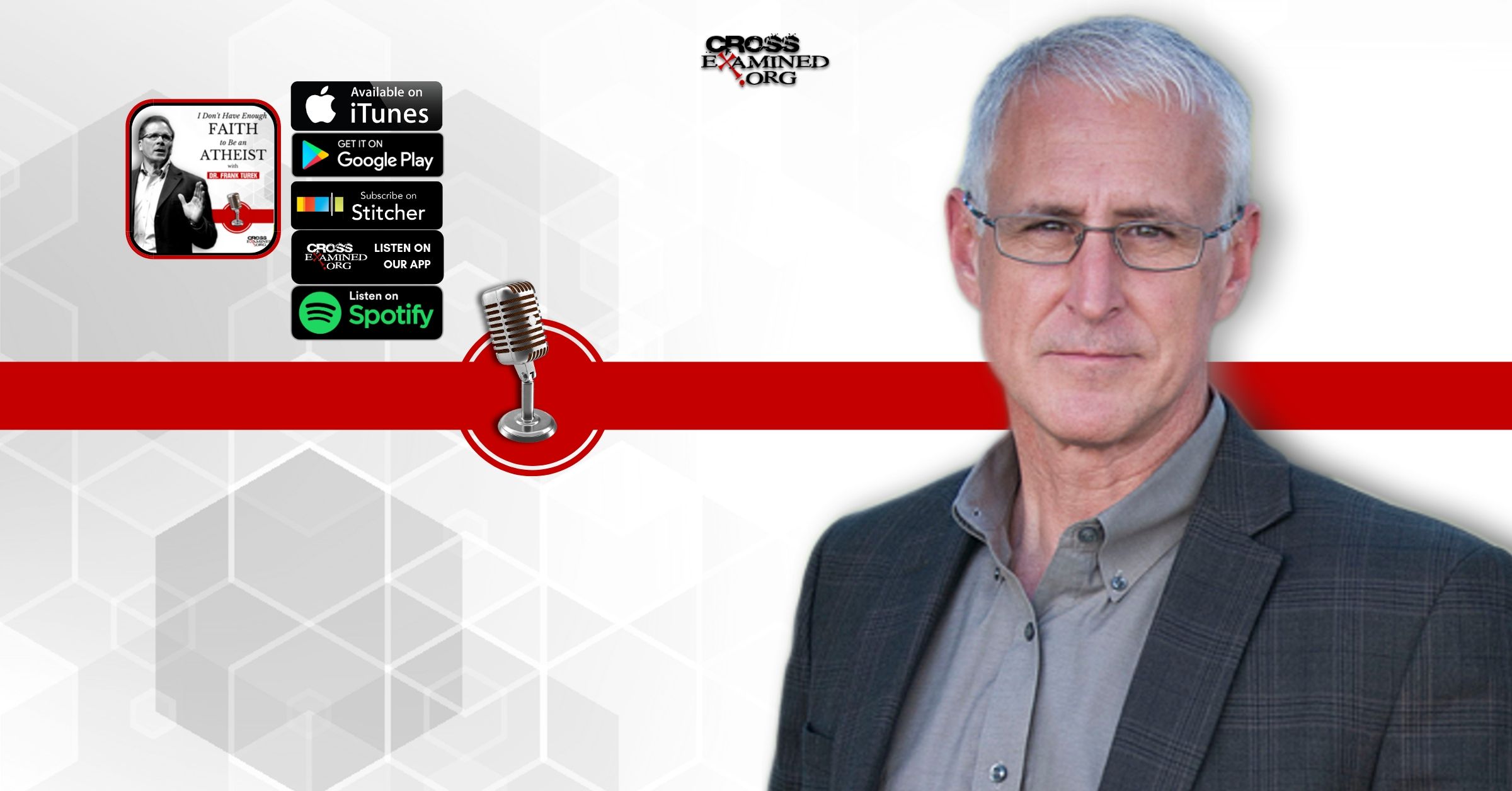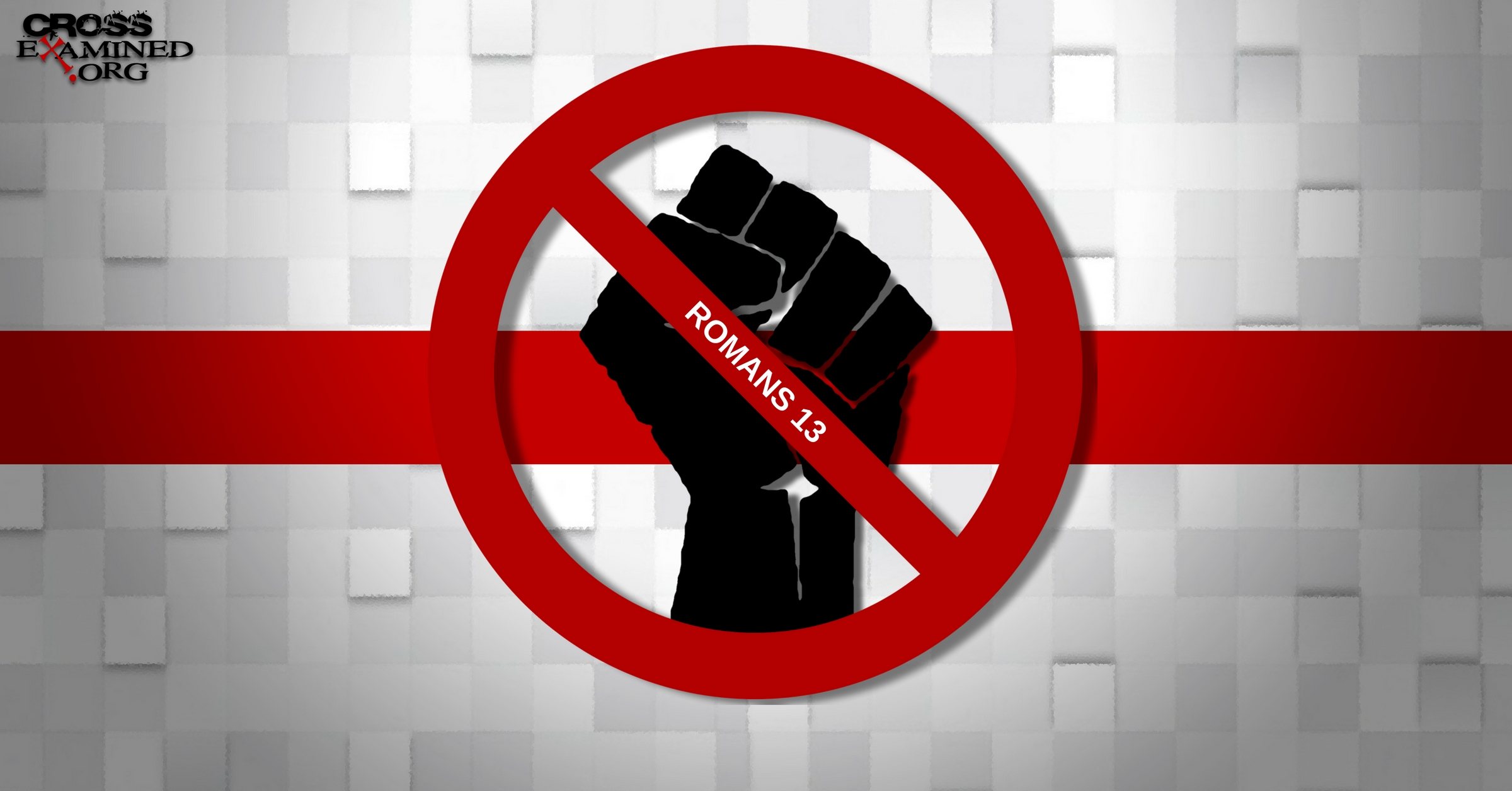By Steve Williams
Many Christians believe that the first section of Romans 13 – verses 1-7 — forbids any form of resistance to government… even when it clearly goes tyrannical. If one analyzes this passage of the Bible carefully, however, as The USA’s founding fathers did, we can see that Paul was speaking in generalities in this passage, and that unlimited tolerance of government tyranny is a highly wooden, hyper-literalistic reading of his words which is impossible to reconcile with other words of Paul, the words of Christ, other parts of The Bible, and Israel’s history. Ironically, many people who hold this position (like John MacArthur) probably wouldn’t even be here if their ancestors held to that reading, as these ancestors would have been slaughtered centuries ago for not resisting tyrants of old!
First, let’s look at the actual verses in question:
“13 Every person is to be in subjection to the governing authorities. For there is no authority except from God, and those which exist are established by God. 2 Therefore whoever resists authority has opposed the ordinance of God; and they who have opposed will receive condemnation upon themselves. 3 For rulers are not a cause of fear for good behavior, but for evil. Do you want to have no fear of authority? Do what is good and you will have praise from the same; 4 for it is a minister of God to you for good. But if you do what is evil, be afraid; for it does not bear the sword for nothing; for it is a minister of God, an avenger who brings wrath on the one who practices evil. 5 Therefore it is necessary to be in subjection, not only because of wrath, but also for conscience’ sake. 6 For because of this you also pay taxes, for rulers are servants of God, devoting themselves to this very thing. 7 Render to all what is due them: tax to whom tax is due; custom to whom custom; fear to whom fear; honor to whom honor.”
Now having seen the section in its entirety, let’s examine the implications of taking each verse in the hyperliteral way some understand it, verse by verse:
“13 Every person is to be in subjection to the governing authorities. For there is no authority except from God, and those which exist are established by God.”
A wooden literal rendering of this would mean that Hitler, Stalin, Mao Tse Tung, and other mass murderers were “established by God” (clashing starkly with the principle that God does no evil), and that men like Niemoller and Bonhoeffer – who resisted them – were sinners for doing so.
“2 Therefore whoever resists authority has opposed the ordinance of God; and they who have opposed will receive condemnation upon themselves.”
A wooden literal rendering of this would mean that every genocidal action taken by a tyrant is tantamount to “an ordinance of God”, which again, clashes brutally with the principle that God does no wrong.
“3 For rulers are not a cause of fear for good behavior, but for evil. Do you want to have no fear of authority? Do what is good and you will have praise from the same;”
A wooden literal rendering of this would contradict a tremendous amount of human experience over the millennia, wherein millions of people who were minding their own business were slaughtered by/tormented by their own governments. Exhibit A: the executions of Christians – including the author Paul – by the Roman government.
“4 for it is a minister of God to you for good. But if you do what is evil, be afraid; for it does not bear the sword for nothing; for it is a minister of God, an avenger who brings wrath on the one who practices evil.”
A wooden literal rendering of this would contradict millennia of human experience wherein governments have not only winked at evil behavior of “the connected”, but helped to get the immoral goals of these guilty parties accomplished.
“5 Therefore it is necessary to be in subjection, not only because of wrath, but also for conscience’ sake. 6 For because of this you also pay taxes, for rulers are servants of God, devoting themselves to this very thing.”
A wooden literal rendering of this would contradict the fact that some rulers (such as the USSR, communist China and North Korea) have structured their entire governments on the premise that God does not exist.
“7 Render to all what is due them: tax to whom tax is due; custom to whom custom; fear to whom fear; honor to whom honor.”
A wooden literal rendering of this would mean that we’d need to withhold things like “honor” from many governments and rulers, because it would require schizophrenia to deduce that they are due such things in the face of their evil actions.
In terms of Israel’s historical record and The Book of Revelations, an absolute literal interpretation: clashes with (among other verses) Joshua 2: 3-21, Daniel 3: 16-18, Daniel 6: 10-13, Acts 4: 18-20, Revelations 14: 9-11 (in the non-violent category), and with (in the more violent category) Joshua 6: 16-21, Judges 3: 14-26, Judges 4: 10-24, Judges 7: 19-25, Judges 16: 28-30, and The Maccabean revolt, which precipitated Chanukkah (“The Festival of Lights”). In The Maccabean Revolt of 167-160 BC, the Jews violently revolted against the Seleucid Empire. Inasmuch as Jesus, Paul, and virtually every other significant New Testament Jew celebrated this holiday, what does that tell us? Were they celebrating “the ends” and disregarding “the means”?!
Or consider the events of Judges 3: 14-26, in which Ehud kicks off a violent revolt against the Moabites with a quite graphic assassination of King Eglon. Obviously we have some significant Bible contradictions on our hands if Romans 13 mandates that revolution is ALWAYS forbidden. It is a generally well-accepted principle of hermeneutics that if two verses seem to clash on a strictly literal reading, another reading in which the two are harmonized is probably lurking in the background. What if Paul was writing in generalities, and didn’t mean to be covering EVERY situation? Well, it seems to me that that understanding of it has far greater explanatory scope and power than the former.
The USA’s Founding Fathers (whom I have argued had Christianity in mind) engaged in some interesting discussion on this topic, and obviously didn’t hold to the MacArthur view. They put up with a ton of abuse for many years prior to The Revolution, and tried a variety of non-violent ways to end the abuse, but I think where they finally drew the line and said “enough!” was roughly correct.
In 1775, Rev. Jacob Duché argued from the Bible in favor of the American position in Philadelphia, explaining:
“Inasmuch as all rulers are in fact the servants of the public and appointed for no other purpose than to be ‘a terror to evil-doers and a praise to them that do well’ [c.f., Rom. 13:3], whenever this Divine order is inverted – whenever these rulers abuse their sacred trust by unrighteous attempts to injure, oppress, and enslave those very persons from whom alone, under God, their power is derived – does not humanity, does not reason, does not Scripture, call upon the man, the citizen, the Christian of such a community to ‘stand fast in that liberty wherewith Christ….hath made them free?!’ [Galatians 5:1] The Apostle enjoins us to ‘submit to every ordinance of man for the Lord’s sake,’ but surely a submission to the unrighteous ordinances of unrighteous men, cannot be ‘for the Lord’s sake,’ for ‘He loveth righteousness and His countenance beholds the things that are just.’” [The Duty of Standing Fast in our Spiritual and Temporal Liberties, A Sermon Preached in Christ Church, July 7, 1775. Before the First Battalion of the City and Liberties of Philadelphia (Philadelphia: James Humphreys, Jr., 1775), pp. 13-14.].
Of course The British accused the states of “anarchy”, but our Founders obviously disagreed with that characterization. In fact, while the states had been generally following the laws and rules they were under as colonies of Britain, The British had been systematically breaking their own laws and rules at the expense of the states for well over a decade. The “long train of abuses and usurpations, pursuing invariably the same Object evinc[ing] a design to reduce them under absolute Despotism” which are listed in our Declaration of Independence were not “light and transient” events which one might encounter (and suffer out of pragmatism) with any human institution. They were very serious offenses (including rape and murder), committed on a continuing basis, and attempts to resolve the issues “through the system” had resulted in nothing but insults and further abuses. England had racked up a great deal of debt during the French and Indian War (which ended in 1763), had significant numbers of (often abusive) troops on the continent, and had begun attempting to systematically extract as much revenue, goods and accommodations as it could milk from the colonists, and were apparently feeling very little restraint due to the massive distance of the states from the motherland. Under the legal theory of “Lex Rex” (“The Law is King”; ie: even Kings are subject to it) – which basically had been operative in England since at least 1688 (and arguably since the Magna Carta of 1215) – it was King George and his enforcers which were in a state of anarchy!
John Quincy Adams later described the situation as follows:
“[T]here was no anarchy. . . . [T]he people of the North American union and of its constituent states were associated bodies of civilized men and Christians in a state of nature but not of anarchy. They were bound by the laws of God (which they all) and by the laws of the Gospel (which they nearly all) acknowledged as the rules of their conduct.” (emphasis added). [An Address Delivered at the Request of the Committee of Arrangements for the Celebrating the Anniversary of Independence at the City of Washington on the Fourth of July 1821 upon the Occasion of Reading The Declaration of Independence (Cambridge: Hilliard and Metcalf, 1821), p. 28.].
As Declaration signer Francis Hopkinson (also a church musician and choir leader) put it:
“Q. It has often been said, that America is in a state of rebellion. Tell me, therefore, what is Rebellion?
- It is when a great number of people, headed by one or more factious leaders, aim at deposing their lawful prince without any just cause of complaint in order to place another on his throne.
- Is this the case of the Americans?
- Far otherwise.”
The truth is that The Revolutionary War was a defensive one. Great Britain had attacked America, not vice versa; the Americans had never fired the first shot – not in the Boston Massacre of 1770, the bombing of Boston and burning of Charlestown in 1774, or in the attacks on Williamsburg, Concord, or Lexington in 1775. “Don’t fire unless fired upon!” is a memorable command from this time, and reflects the prevailing mindset among our forefathers. Yet, having been fired upon without having broken any law, the Americans believed they had a Biblical right to self-defense. In fact, the Rev. Peter Powers, in a famous sermon he preached in front of the Vermont Legislature in 1778, specifically noted that America had “taken up arms in its own defense” – that she had not initiated the conflict but was only defending herself after being attacked. [The Rev. Peter Powers, Jesus Christ the true King and Head of Government; A Sermon Preached before the General Assembly of the State of Vermont, on the Day of Their First Election, March 12, 1778 at Windsor (Newbury-Port: Printed by John Michael, 1778).]
As Founding Father James Wilson (a signer of both the Declaration and the Constitution, and an original Justice on the U. S. Supreme Court) affirmed:
“The defense of one’s self . . . is not, nor can it be, abrogated by any regulation of municipal law. This principle of defense is not confined merely to the person; it extends to the liberty and the property of a man. It is not confined merely to his own person; it extends to the persons of all those to whom he bears a peculiar relation – of his wife, of his parent, of his child. . . . As a man is justified in defending, so he is justified in retaking his property. . . . Man does not exist for the sake of government, but government is instituted for the sake of man.”
So I think we can conclude that The USA’s founders viewed the key words in Romans 13: 1-7 to be “governing authorities”; with a particular emphasis on what it means to be “governing”. When the powers-that-be diverge from following their own laws and begin systematically pillaging and otherwise abusing their subjects, it’s hard to see how that remains a case of “governing”, rather than “ravaging” people vulnerable to them under the color of authority.
In fact, let’s consider how Romans 13 describes what “governing” should look like:
“…For rulers are not a cause of fear for good behavior, but for evil… Do what is good and you will have praise from the same, for it is a minister of God to you for good… for rulers are servants of God, devoting themselves to this very thing.”
The British failed miserably at fulfilling these descriptions in the years leading up to The Revolution. In contrast, consider the fact that The USA’s Founders could have easily put into place a monarchy or oligarchy once the Revolutionary War was won and accreted power to themselves, but instead pored over the successes and failures of various forms of government throughout history, racked their brains as to how sustainable, checked and balanced self-governance could be arranged, and prayerfully cemented it into place.
One objection I’ve heard from “pacifists” (which I should hit before I wrap this up) is that during Paul’s time, evil Romans like Nero were in power, and since Paul didn’t endorse revolution against Rome, that must show that revolution against tyranny of that kind (or less), is not warranted. I think this objection overlooks a key principle: BE REALISTIC!
There was no way a ragtag handful of revolutionaries were going to be able to mount a viable revolution against the most powerful empire the world had ever seen at that point in time. Jesus Himself affirmed this principle in Luke 14:
31 Or what king, when he sets out to meet another king in battle, will not first sit down and consider whether he is strong enough with ten thousand men to encounter the one coming against him with twenty thousand? 32 Or else, while the other is still far away, he sends a delegation and asks for terms of peace.”
Side note: A reminder that Jesus endorsed self-defense in Luke 22 is worthwhile:
“36 Then He said to them, “But now, whoever has a money-bag should take it, and also a traveling bag. And whoever doesn’t have a sword should sell his robe and buy one.”
Lest one asserts this verse is taken out of context, please read Tim Stratton’s article, “Love Thy Neighbor & Pack Thy Heat.”
In many (probably most) cases, the notion of revolution will simply be infeasible, as the powers-that-be will simply be too strong for a revolt. As Jefferson alluded to in The Declaration of Independence, actions like this are not to be taken “for light and transient causes”, and it’s better “to suffer, while evils are sufferable” than to engage in revolt, willy-nilly. In other cases, the notion will be dodgy because the populace will be morally questionable themselves. In the case of The USA’s Founders, however, they had the arms, numbers, terrain, intelligence, and most importantly, the morality, to pull it off and form something better. As a result, the most Christian country in the history of the world came into being, and inhabitants of the earth have been blessed in myriad ways as a result.
Yes, I’m well aware that we’ve drifted from the original blueprint. Anything administered by human beings will have its imperfections, but inasmuch as The USA has resembled Paul’s description of “government” substantially better than The British Empire (and most other governing entities that have existed), “the proof is in the pudding”.
Notes
I’ll be happy to open-mindedly consider the possibility I’ve gotten something wrong on this and consider a case for another viewpoint if one is presented to me, but I am highly doubtful that a more literal view of Romans 13 can survive its own self-refutation.
Original Blog Source: http://bit.ly/2uzs7L2
